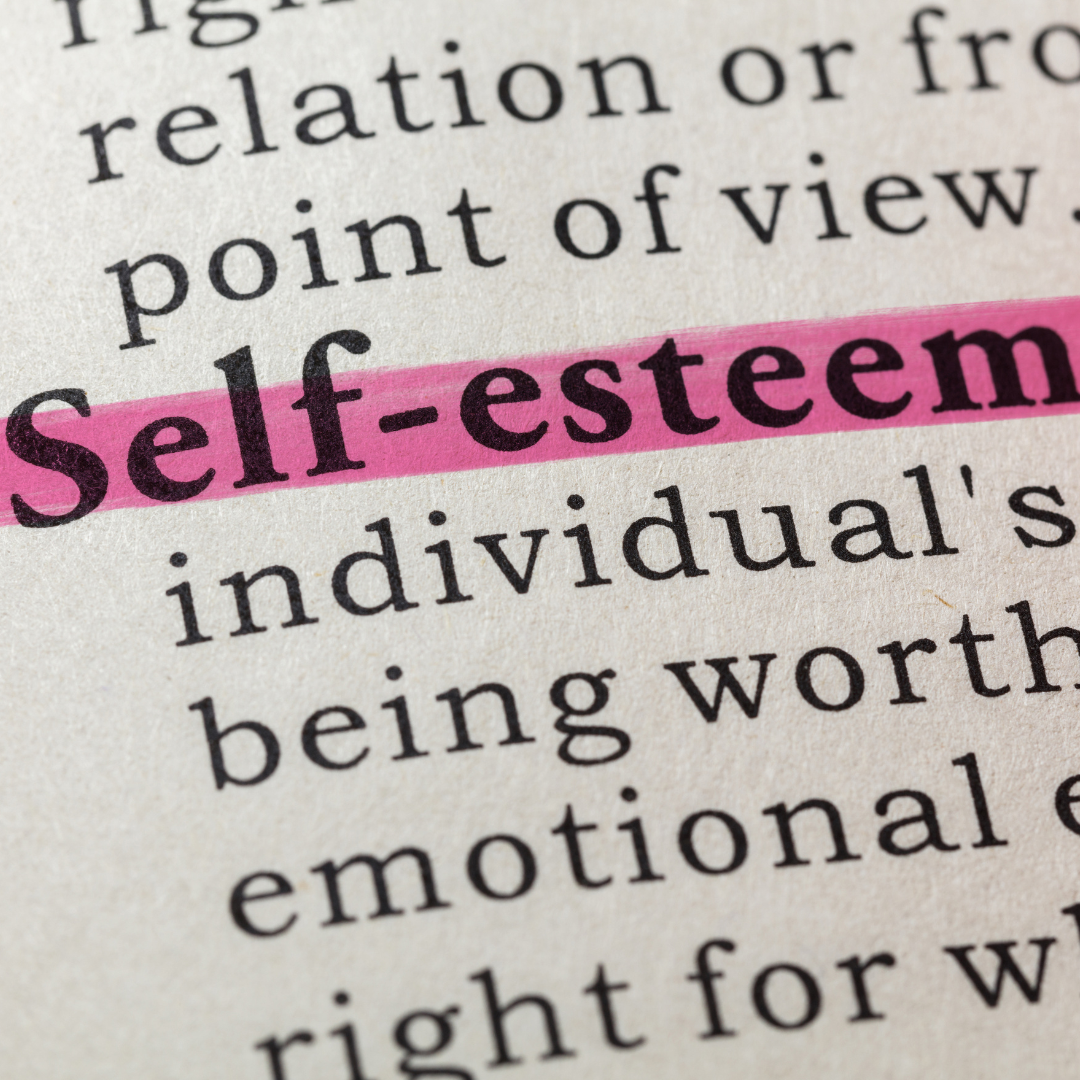Is self-esteem all it's cracked up to be?
We tend to think of self-esteem as the thing we need to attain to achieve great things - that elusive confidence in our own self-worth or abilities. But there's some really interesting research that suggests that self-esteem is not necessarily all it's cracked up to be!

The word 'esteem' comes from the Latin root 'aestimare' which means 'to estimate', and indeed self-esteem is generally is a measurement of one's worth against a variety of parameters - achievement, personal attributes, accolades etc. This can work in our favour if we've selected 'esteem' metrics that work for us, but all too often we fall short of our own version of success, and this can be detrimental on our psychological well-being and performance. Furthermore, self-esteem often leads to comparing ourselves to others, and we run the risk of tipping into judgements, and feelings of superiority to build our own esteem.
Research suggests that self-compassion could be a more effective way of relating to the ever-changing experience of who we are, with kindness and acceptance. Many of us believe that we need to be self-critical to motivate ourselves, and that self-compassion will keep us stuck in un-helpful behaviours. It can feel like a paradox - wanting to change, but also being accepting of where you are now. But self-compassion could allow you to make room for feelings of inadequacy, while allowing you to continue to take action towards what's most important to you. There is evidence to suggest that those higher in self-compassion are more resilient, more motivated to take personal responsibility for one's actions, and more able develop the emotional resources to care for others.
What do you think? If you imagine a mentor in your life who has had a really positive effect on you, did they treat you with acceptance compassion or hold you in 'esteem'. Perhaps a bit of both? What new perspective could this give you on the way you relate to yourself?

